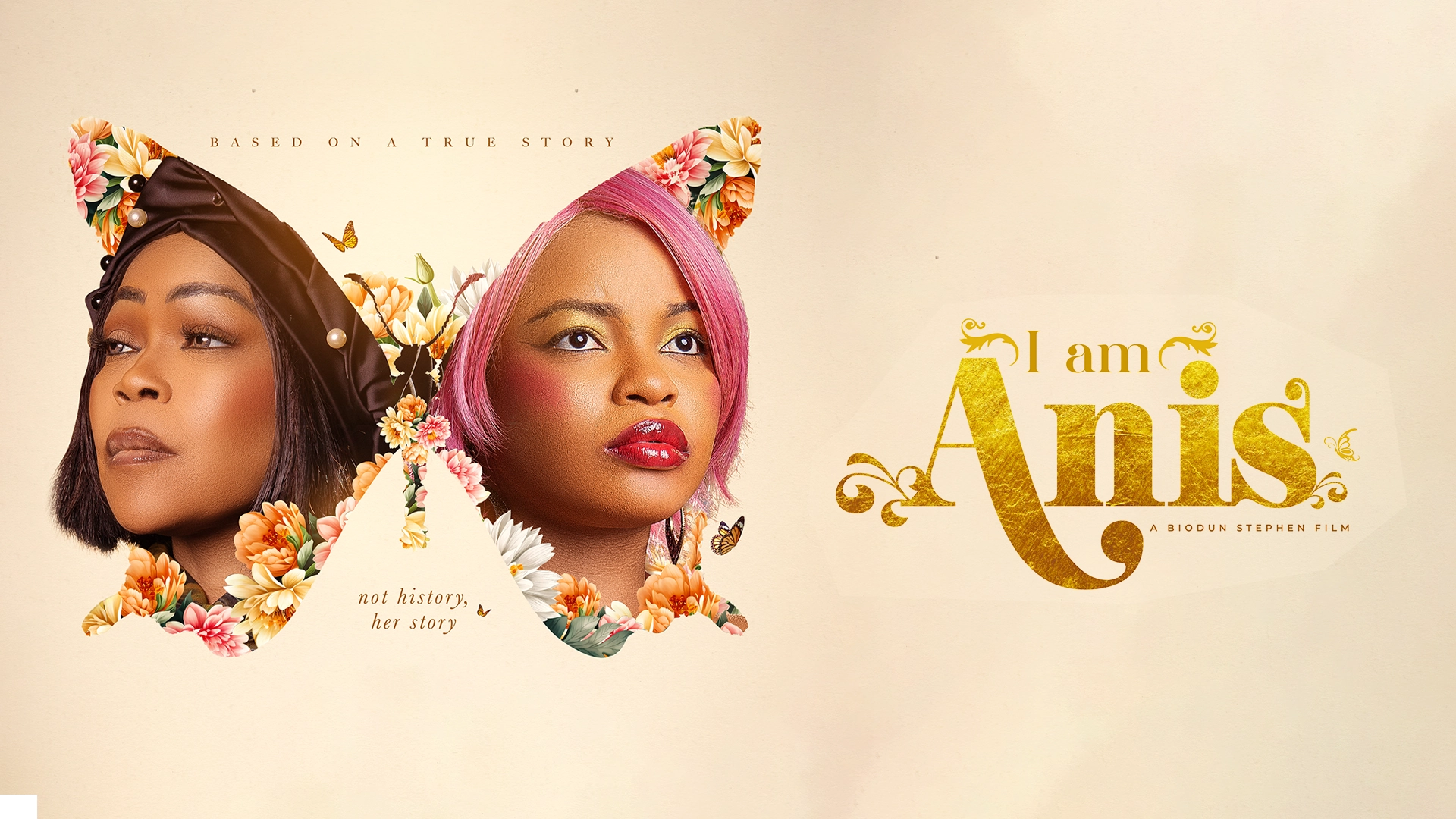Friendships have changed a lot over the years. In the past, staying connected meant phone calls, letters, or meeting in person. But now, with social media, texting, and instant messaging, communication is faster and easier than ever. Unfortunately, these same tools have also made it easier to ghost people—disappearing from someone’s life without any warning or explanation.
If you’ve ever been ghosted, you know how confusing and painful it can be. One day, you’re chatting regularly, and the next, they stop replying. No goodbye, no closure, just silence. But why has ghosting become so common in friendship in the digital age?
Why Do People Ghost?
1. Technology Makes It Too Easy
Before social media, ignoring someone was much harder. You had to avoid phone calls, dodge them in public, or come up with an excuse. But today? A person can disappear with just a few taps (block, mute, unfollow) and they’re gone.
Because ghosting is so easy, many people choose it instead of dealing with uncomfortable conversations. It’s a quick escape from confrontation, even though it leaves the other person hurt and confused.
2. Social Media Creates Superficial Friendships
In friendship in the digital age, people connect over shared interests, memes, or mutual followers. But while these online friendships can feel real, they often lack depth. Many relationships exist only through messages, and when that digital connection fades, the friendship disappears with it.
Because online friendships can feel less personal, some people don’t feel guilty about ghosting. If you’ve never met in real life, they might see it as no big deal to cut off contact without explaining why.
3. People Feel Overwhelmed by Too Many Connections
With so many platforms (WhatsApp, Instagram, Twitter, TikTok), many people juggle too many conversations at once. At some point, they may feel drained and stop responding, not because they dislike you but because they just don’t have the energy for so many interactions.
Instead of telling people they need space, some just vanish. Ghosting, in this case, isn’t always personal; it’s just a sign of burnout.
4. Fear of Confrontation
Let’s be honest; ending a friendship is awkward. Many people don’t know how to tell someone they don’t want to talk anymore. Instead of saying, “I don’t think we should be friends anymore,” they take the easy way out by disappearing without a word.
While this might seem simple, it leaves the other person with unanswered questions and hurt feelings.
5. Changing Priorities and Interests
People change. Friendships evolve. Someone you were close to a year ago might not fit into your life today. Maybe your interests no longer match, or your priorities have shifted.
In friendship in the digital age, when someone loses interest in a friendship, they might not see the need to explain. Instead of talking about it, they just stop replying, assuming the friendship will quietly fade away.

How to Handle Ghosting
If you’ve been ghosted, it’s okay to feel hurt. But here’s how to cope with it in a healthy way:
1. Don’t Take It Personally
Sometimes, ghosting happens because of the other person’s struggles, not because you did anything wrong.
2. Reach Out Once, Then Move On
If you’re unsure why someone ghosted you, send a simple message to check in. If they don’t reply, don’t keep pushing. Accept their silence as an answer.
3. Invest in People Who Value You
True friends communicate, even when things get tough. Focus on friendships that are built on mutual respect and honesty.
4. Limit Your Emotional Investment Online
Not every online friendship is meant to last. If you’ve been ghosted often, try to invest more in real-life connections where people are more likely to communicate openly.
Is Ghosting Ever Justified?
Ghosting is usually seen as rude, but there are exceptions. If someone is toxic, manipulative, or abusive, cutting them off without explanation might be necessary for your mental health.
However, in most cases, it’s better to be honest. A simple message like, “Hey, I appreciate our friendship, but I feel like we’re growing apart” can bring closure and prevent hurt feelings.
Navigating Friendships in the Digital Age
Ghosting has become a common part of friendship in the digital age, but that doesn’t mean it’s the right way to end things. Clear communication and honesty are still the keys to strong, meaningful relationships.
If you’ve been ghosted, remember that it’s not a reflection of your worth. And if you ever feel like ghosting someone, consider having a conversation instead. Even in a digital world, kindness and respect should never go out of style.
















